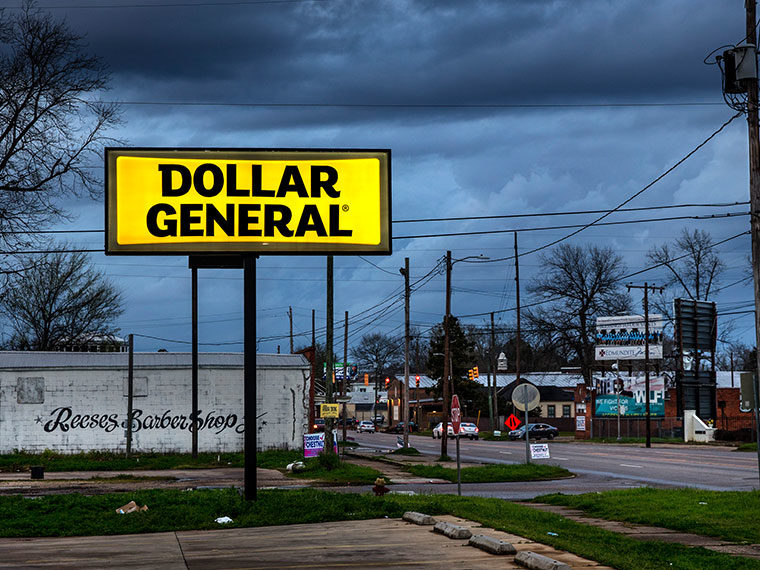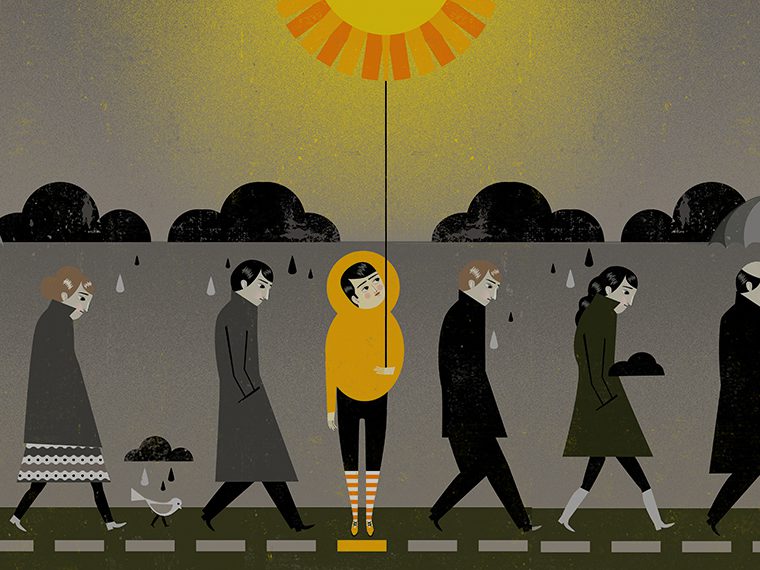Globally, lower-income people feel a stronger connection
Social scientists have produced oodles of research on whether money buys happiness and whether money plays a role in how we gauge meaning in our lives. Less studied is how the connection between these two foundations of one’s sense of personal well-being might be impacted by money.
A paper forthcoming in the journal Emotion lays out a case that lower income individuals are more likely to derive happiness from having a sense of meaning in their lives than higher income people are.
University of Toronto’s Rhia Catapano, ESADE’s Jordi Quoidbach, UCLA Anderson’s Cassie Mogilner Holmes, and Stanford’s Jennifer Aaker started with a database of nearly 350,000 Americans who participated in the Gallup U.S. Daily data surveys between 2013 and 2015.
The Gallup survey includes questions that directly pertain to one’s level of happiness in the preceding day. To gauge meaning, the researchers used survey questions that explore one’s assessment of their sense of purpose, which has been established as interchangeable with one’s sense of meaning for research purposes.
As the graph below shows, meaning is more strongly associated with happiness for individuals in the lowest income brackets (under $2,000 monthly income). To be clear, this research is not studying levels of happiness, but rather the connection one makes between meaning and happiness.
The stronger correlation between meaning and happiness among lower-income individuals held up regardless of age. It also persisted when the researchers layered in additional data from the Gallup survey that recorded participants’ level of religious affinity.
The researchers suggest that the weaker link among higher income individuals may be explained by their ability to use their income to buy goods and services designed to trigger happiness. Lacking that option, lower-income individuals may rely more on a costless, available resource — their sense of meaning — as a driver of happiness.
It’s Not Just the U.S.
Given Americans’ well-established materialism — which, by definition, is fed by income — the researchers were curious if the stronger correlation of meaning and happiness among lower-income individuals was perhaps a cultural and geographical anomaly.
It’s anything but.
Using similar Gallup data that roped in more than 174,000 participants in 123 countries between 2005 and 2015, the researchers divided participants within a country into low-, middle-, and high income brackets. They then compared the meaning-happiness connection among the lower-income group and the higher-income group.
The green shaded areas below (the majority of the map) are where the lower-income group had a stronger sense of meaning relating to happiness. (The gray area lacked sufficient data to assess.)

A New Lever to Help the Less Advantaged?
The researchers note that the well-being of lower-income individuals has become even more dire as income inequality has increased amid the pandemic and climate change crises. They reference a meta-analysis of more than 50 studies that found individuals with lower incomes are almost two times as likely to suffer from depression as those with higher income and other research that found a link between income and mood.
While better economic and social services are paramount in supporting lower-income individuals, the researchers offer up their finding as a potential complementary tool for treating mental health issues among the poor.
“Our results identify meaning as a source of happiness that is available to individuals across society at any level of financial means,” they write.
Featured Faculty
-
Cassie Mogilner Holmes
Professor of Marketing and Behavioral Decision Making; Donnalisa ’86 and Bill Barnum Endowed Term Chair in Management
About the Research
Catapano, R., Quoidbach, J., Mogilner, C., Aaker, J. (in press). Financial Resources Impact the Relationship between Meaning and Happiness. Emotion.






